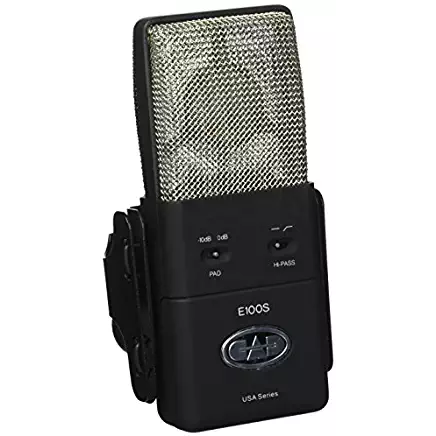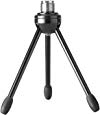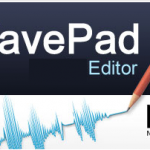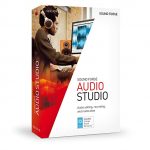Why You Should Work with a Writer for Your Podcast
It’s no secret that podcasts are exploding in popularity.
Around 124 million Americans listen to podcasts annually, with more than 73 million people listening to them monthly, according to a recent Edison Research report.
If you create or host a podcast, you want to capture as many of those listeners as possible. But how do you get more people to discover you?
According to the Podcast Trends Report 2018, more than 71% of people consider podcast discovery as a major issue facing podcasts today, and 66.2% of podcasters rank marketing and building an audience among their top challenges.
By repurposing and cross-pollinating your content across multiple platforms, you increase the odds of this happening. And partnering with an experienced content writer can make the task much easier.
Here are a few key benefits of working with a writer:
Make it searchable
You probably already know that professional transcription is a must-have if you want your podcast content to surface in search results. But a content writer can optimize your transcription with keywords that your listeners are already looking for, as well as add links that boost your site’s authority (and therefore visibility) with search engines.
With algorithms continue to get more sophisticated, quality content will reign supreme. But you still need to help future listeners find your content by dropping digital breadcrumbs in their paths.
As media strategist Mark Ramsey says, “‘distribution’ means putting content in the way of attention. That means tapping into where attention already exists.”
Preview your content
Once a visitor has landed on your page, you want to pique their interest and make it easy for them to stay there. And for that, you need more than simple “show notes.” You need to make the content easy to scan at a glance, so they don’t have to spend 10 minutes getting a feel for your podcast.
Here again, transcription is fundamental. But often, a word-for-word transcript needs some editing to make sense on screen. A writer can do the heavy lifting for you by adding elements like headlines and subheads, intro paragraphs, transitions and calls to action.
Get more mileage out of your podcast
There’s no need to reinvent the wheel and spend hours drafting fresh blog posts when you have hours’ worth of audio content to mine. One 25-minute podcast might yield enough material for three posts. Each of those can be shared on social media or packaged into an email newsletter.
Still, it takes time to retrofit the content to suit each medium and add other elements where needed. An experienced writer will be able to divvy up the content into digestible chunks, expand on relevant areas, polish rough spots and create visual signposts that keep readers going. Meanwhile, you can focus on lining up new guests for your next show.
Reach audiences with different abilities and preferences
Some of your undiscovered fans might be deaf or hard-of-hearing, so they need to access your content via the written word. Others might have a condition like Auditory Neuropathy Spectrum Disorder or ADD that makes it tough to focus on audio stimulus.
Or what about would-be listeners who are still learning the language and have an easier time grasping the nuances of written content?
Using a professionally edited transcript can help you be sensitive and inclusive to different needs and abilities, and in turn, expand your pool of potential fans.
Set the stage for your podcast
Think about the environment where prospective listeners will first see your podcast, and all the bits of info that will entice them to listen. If you have a dedicated landing page for your podcast, you’ll want a concise and compelling narrative that draws people in.
Of course, you’ll also need a brief description to live in the iPhone and Android app stores. A skilled writer can craft a compelling blurb that fits the tone and content of your podcast.
Become an authority
The topic of your podcast should live beyond the speakers of a phone or computer. For maximum reach, look into guest posting opportunities in industry-related blogs and publications, pitch your topic to media outlets, respond to reporter inquiries, and engage with other influencers on platforms like Facebook, Twitter, Instagram and LinkedIn.
A writer experienced in content strategy can help you craft messages that carry your voice across all these platforms and attract new listeners.
Bringing it all together
Of course, it’s possible to do all of this on your own. What’s important is making a concerted effort to extend your podcast beyond an audio series into a fully branded experience that lives in multiple formats and meets people where they are.
With a focus on quality content and awareness of the ways that written words can complement the audio experience, you’ll be well on your way to launching a podcast that resonates with your audience.
Mary Tindall is a copywriter and editor working with brands and content creators to grow their online presence. To learn more, visit www.marytindallwrites.com.










